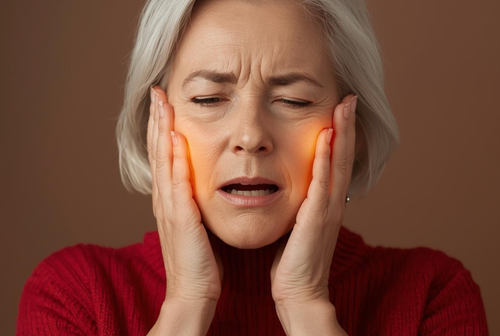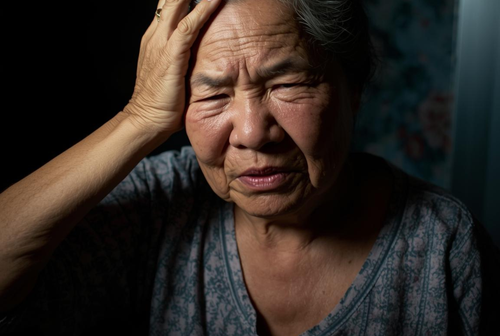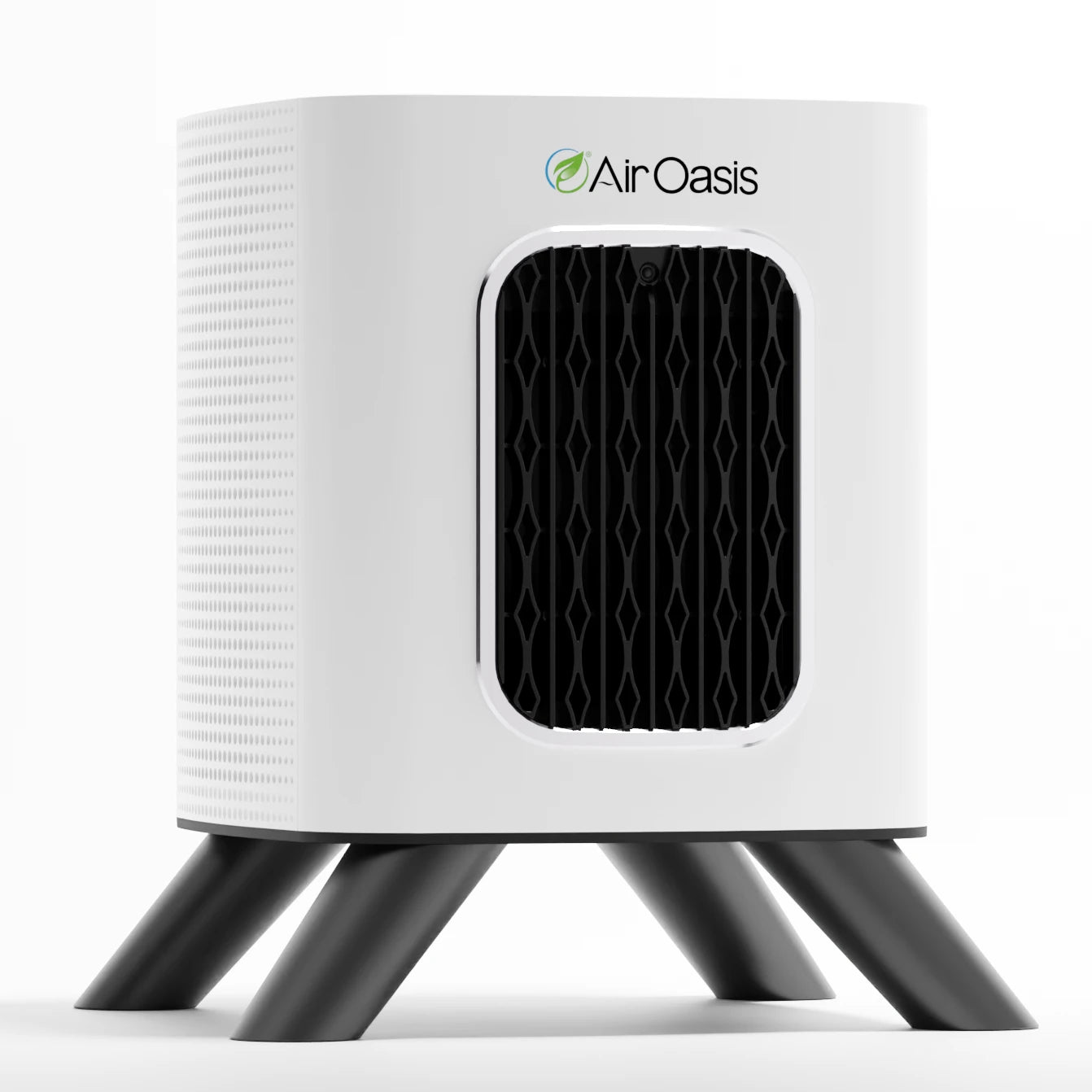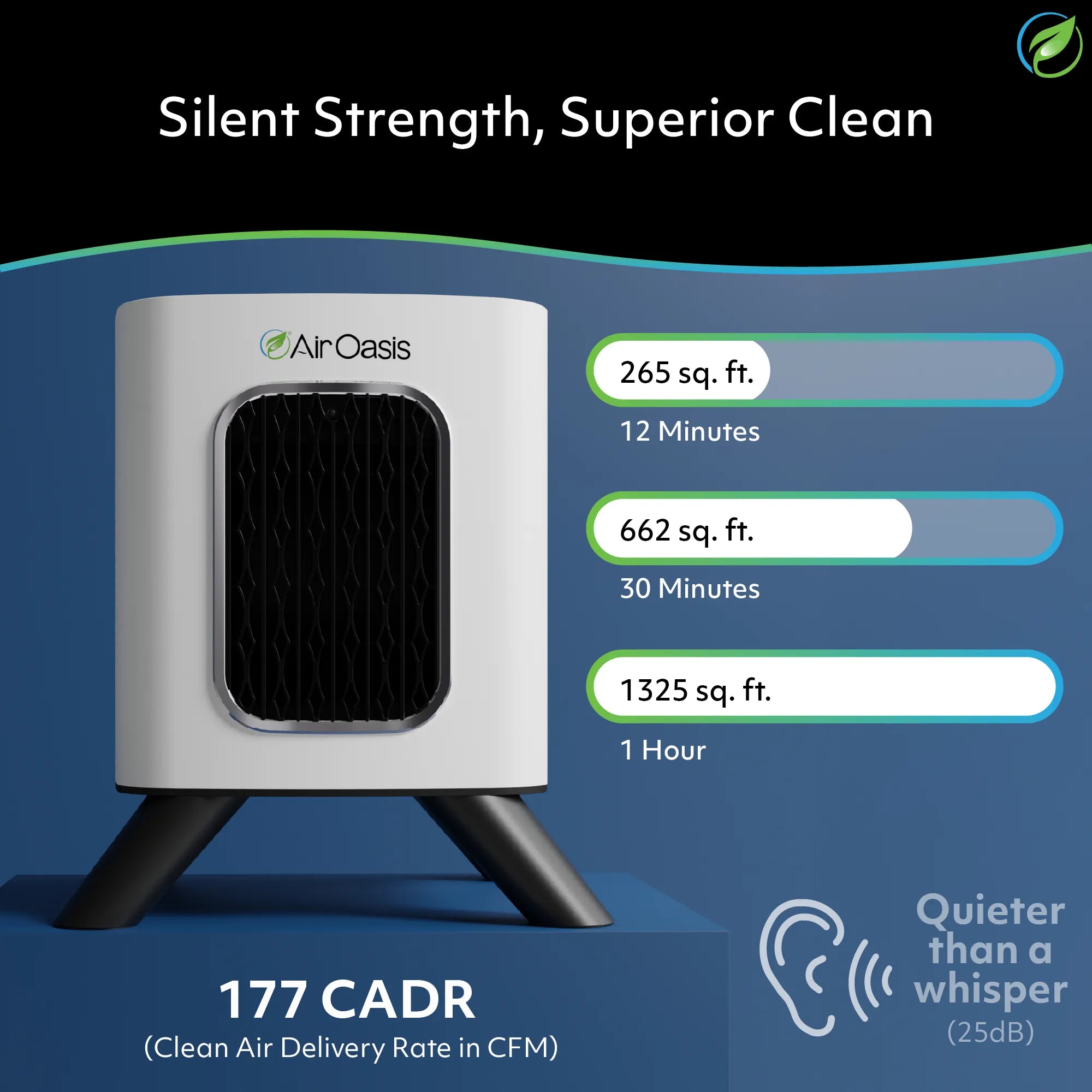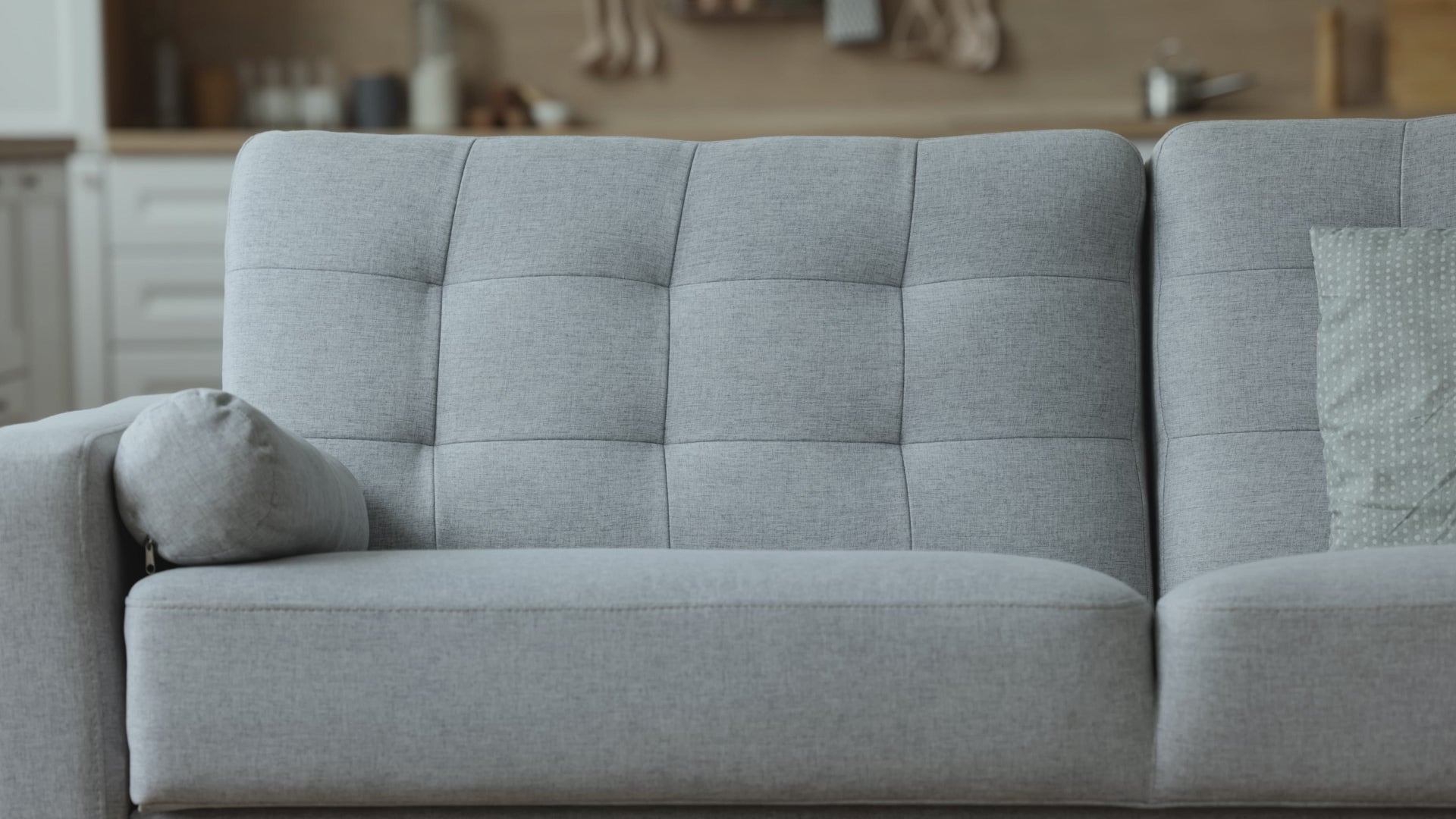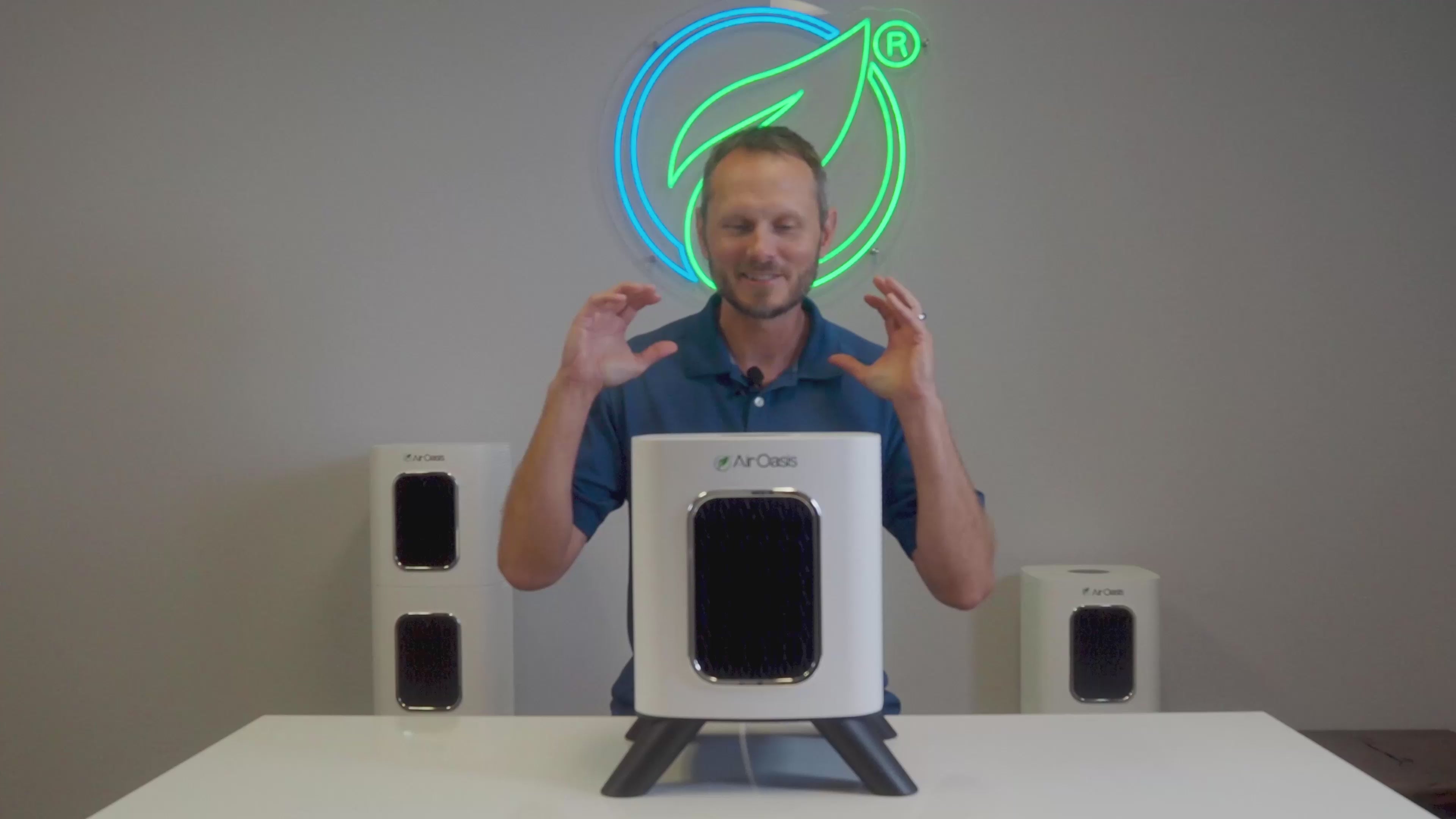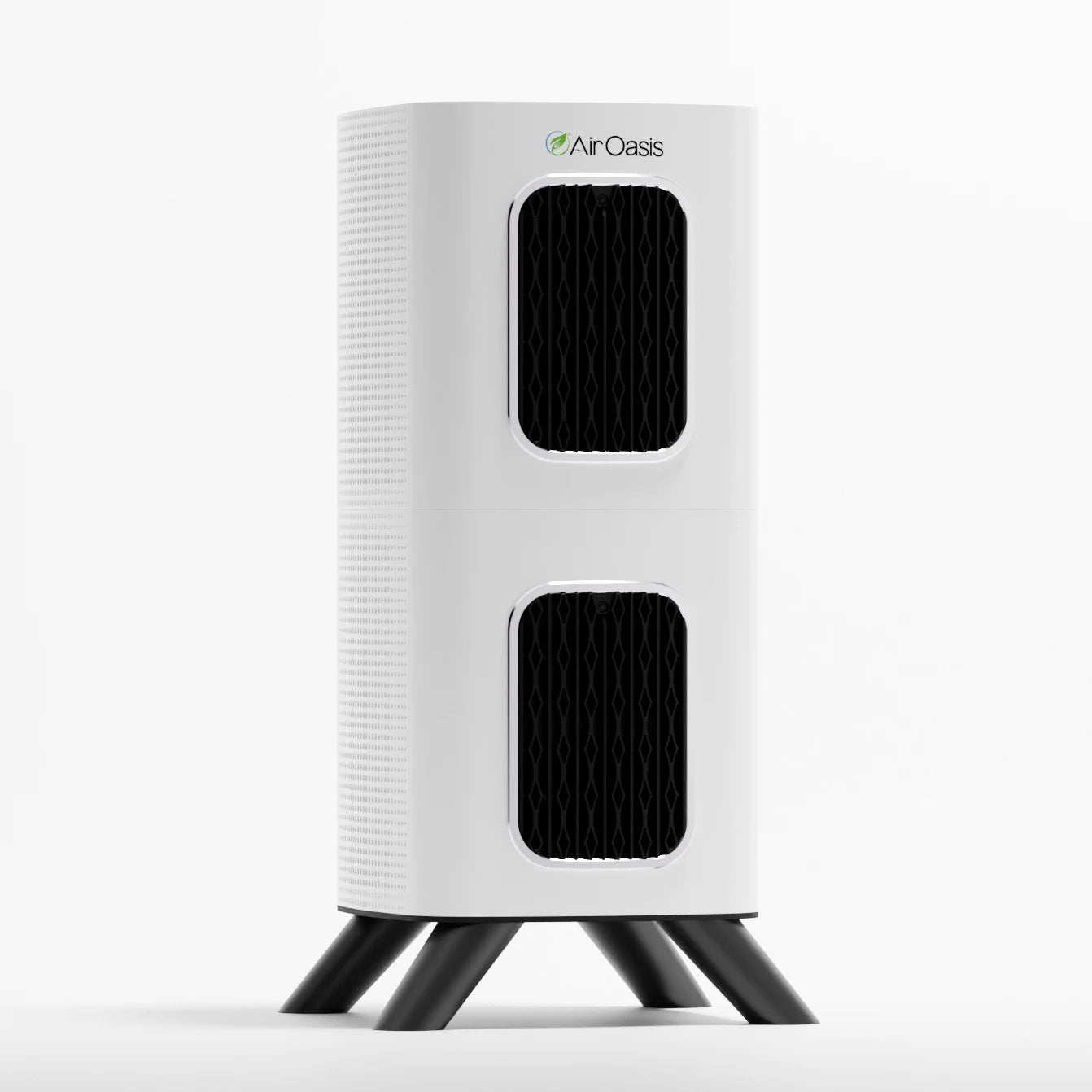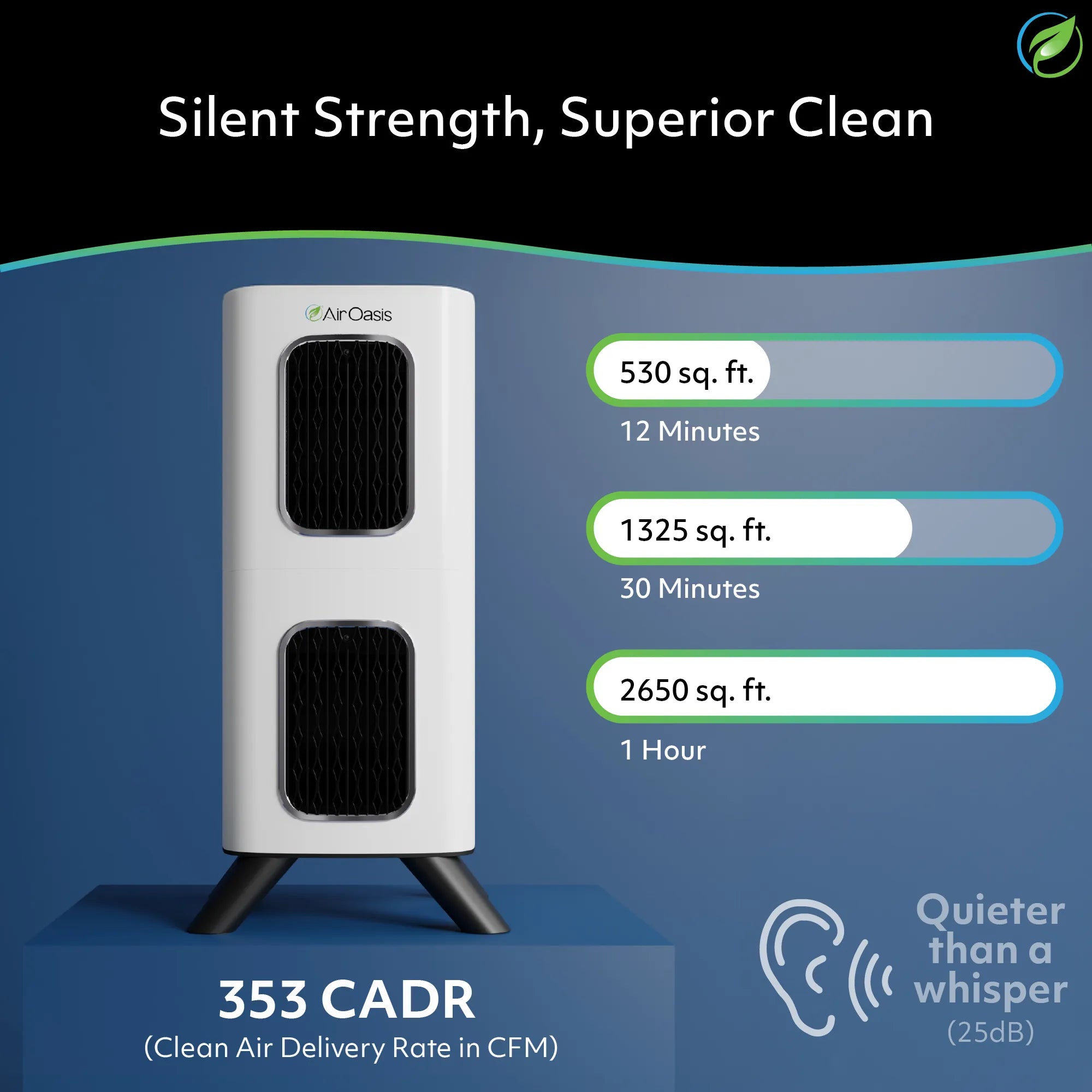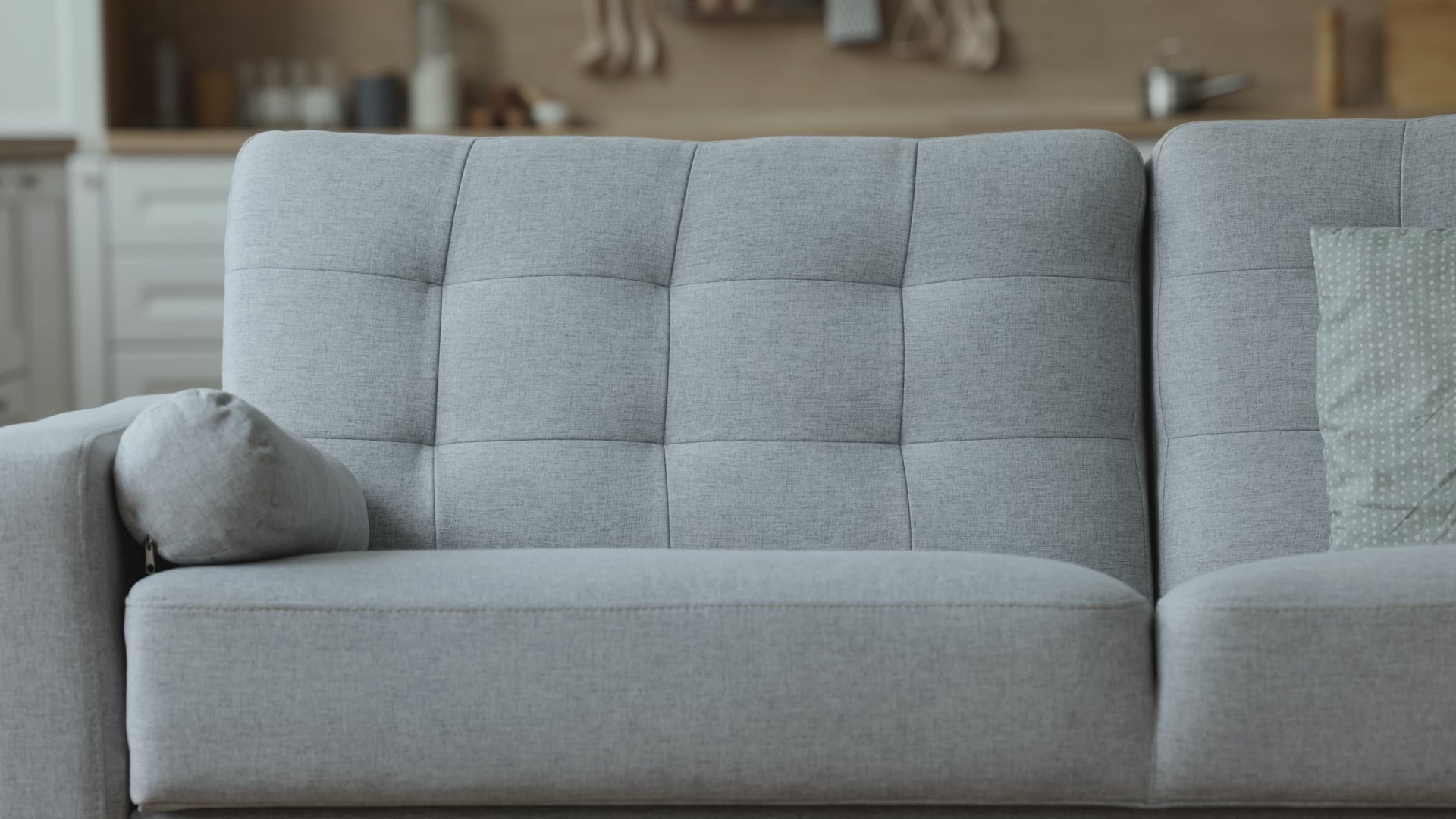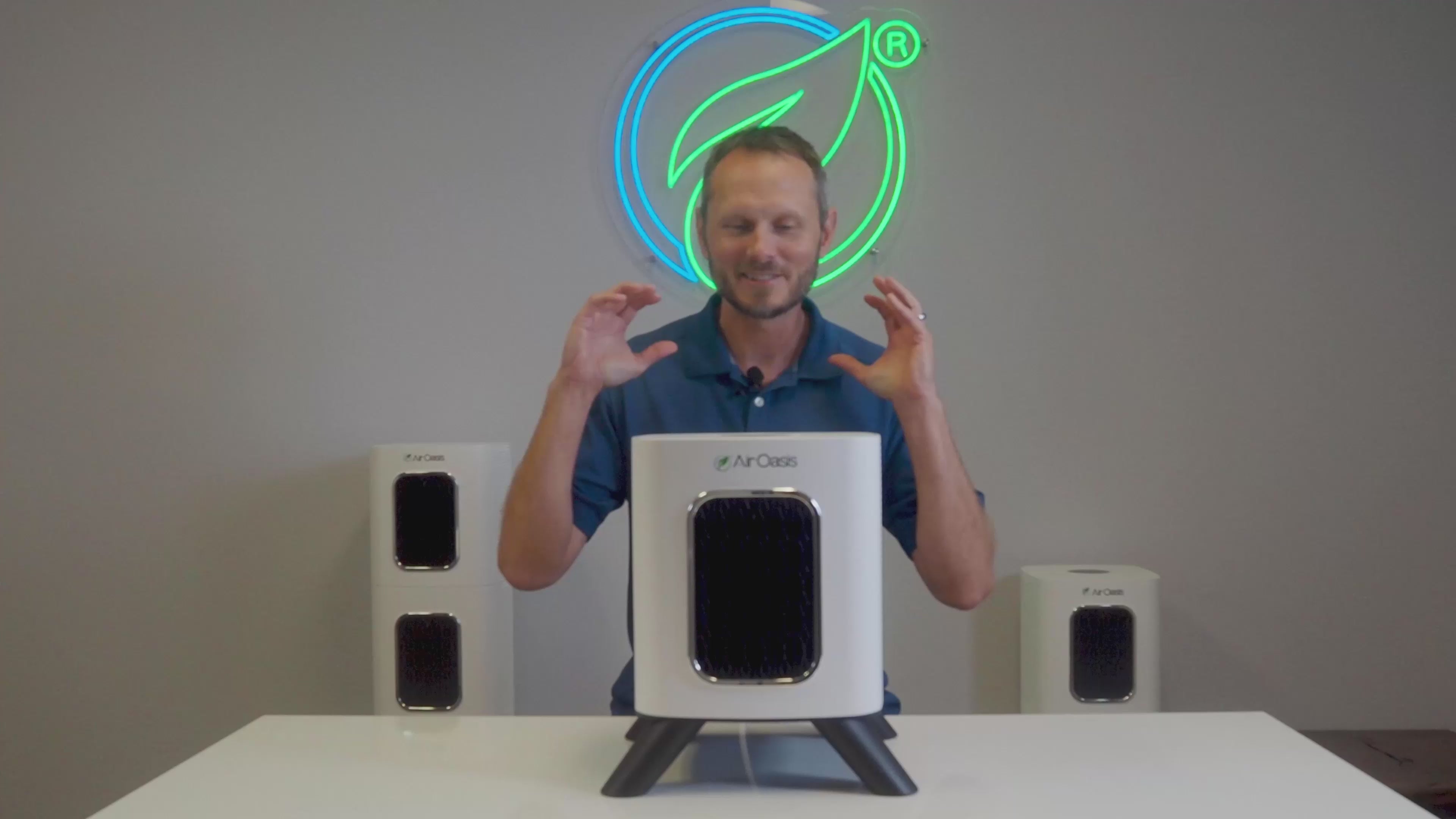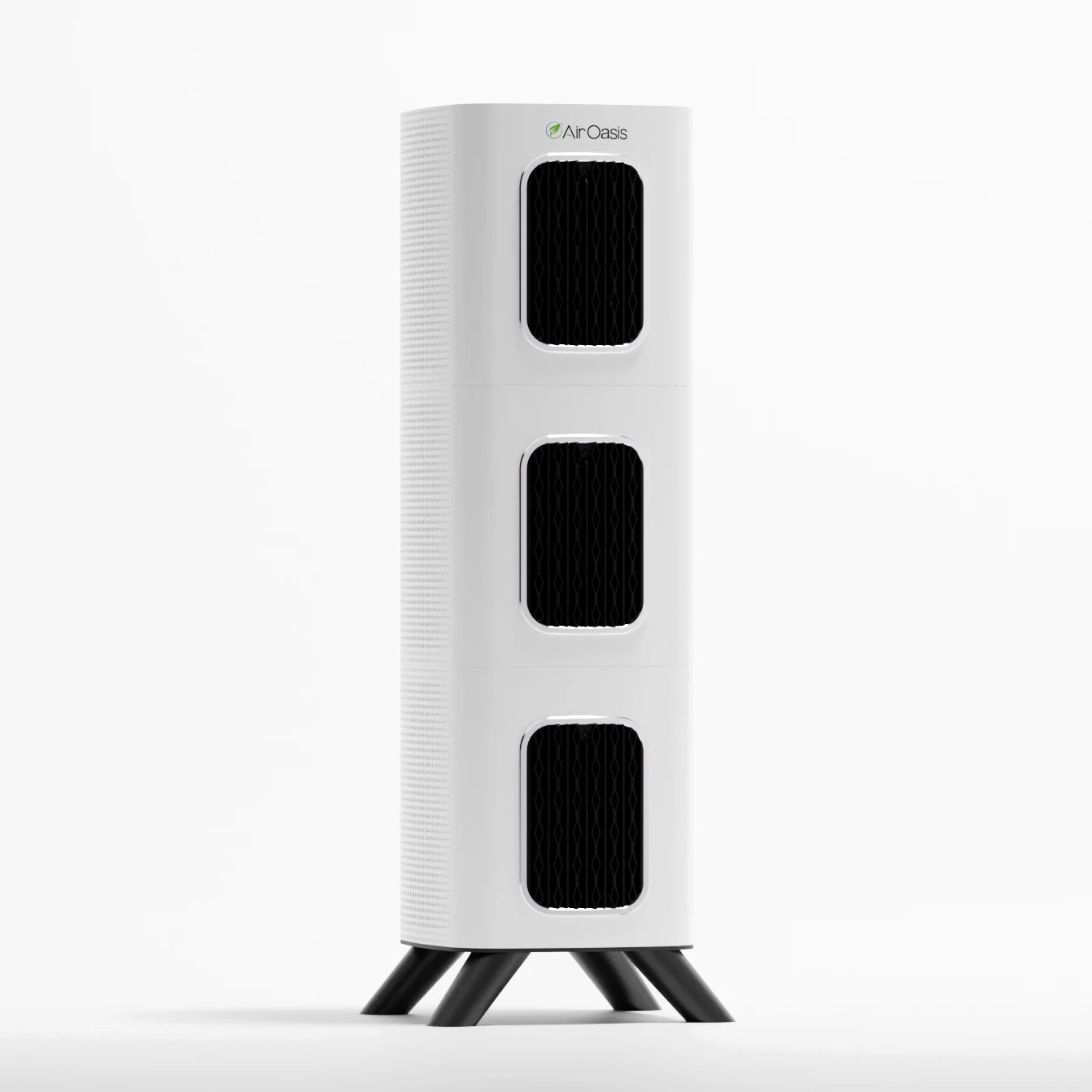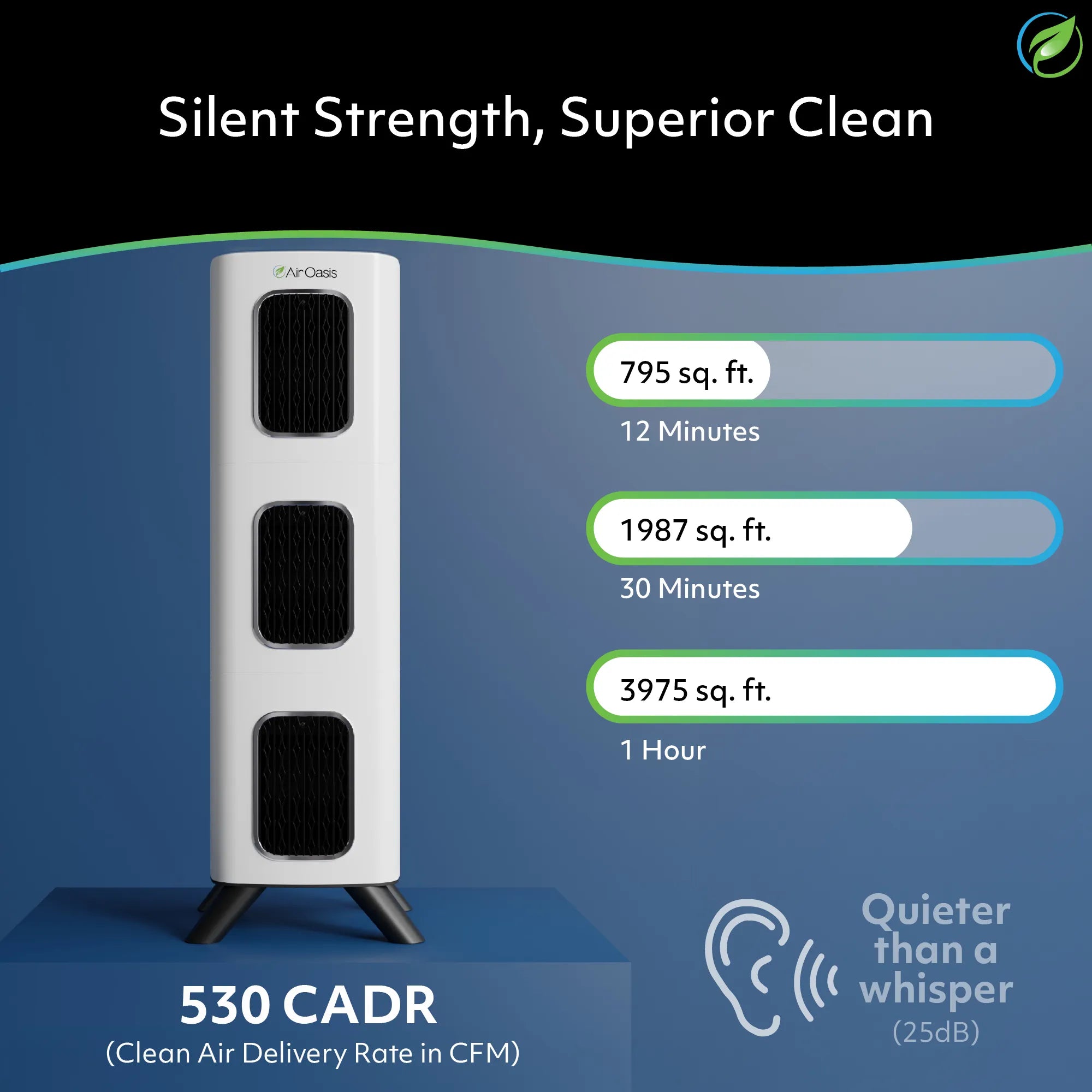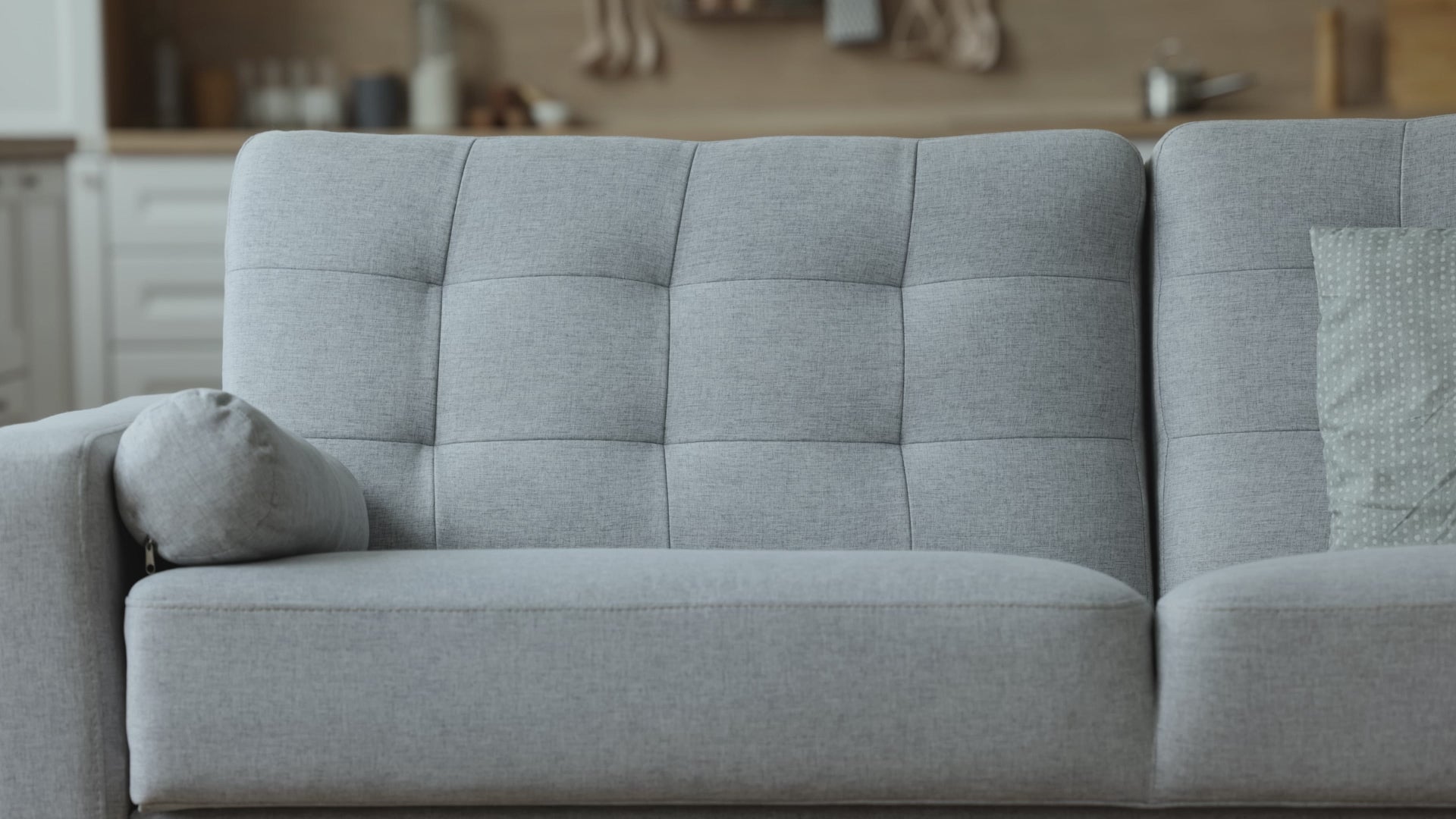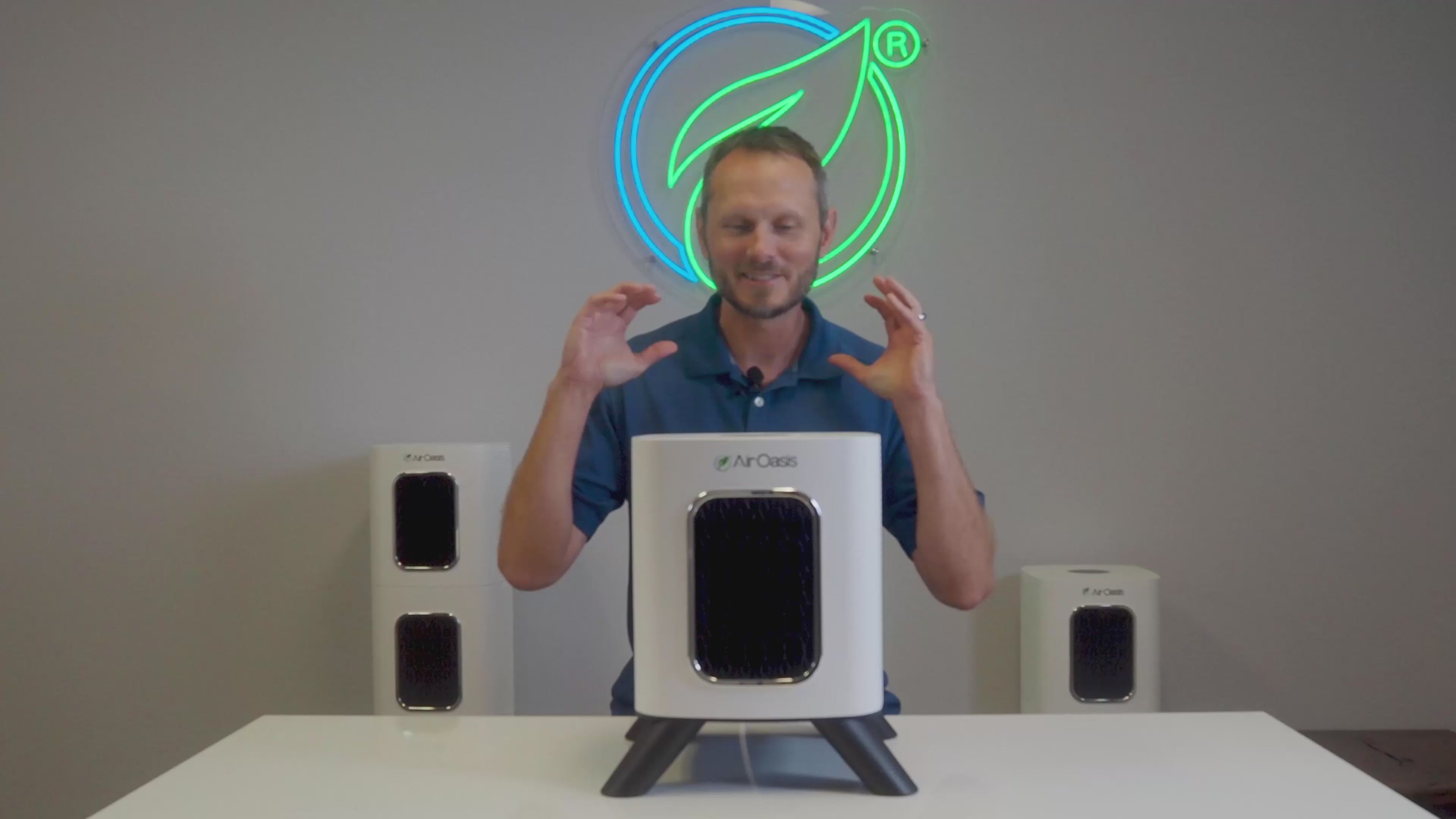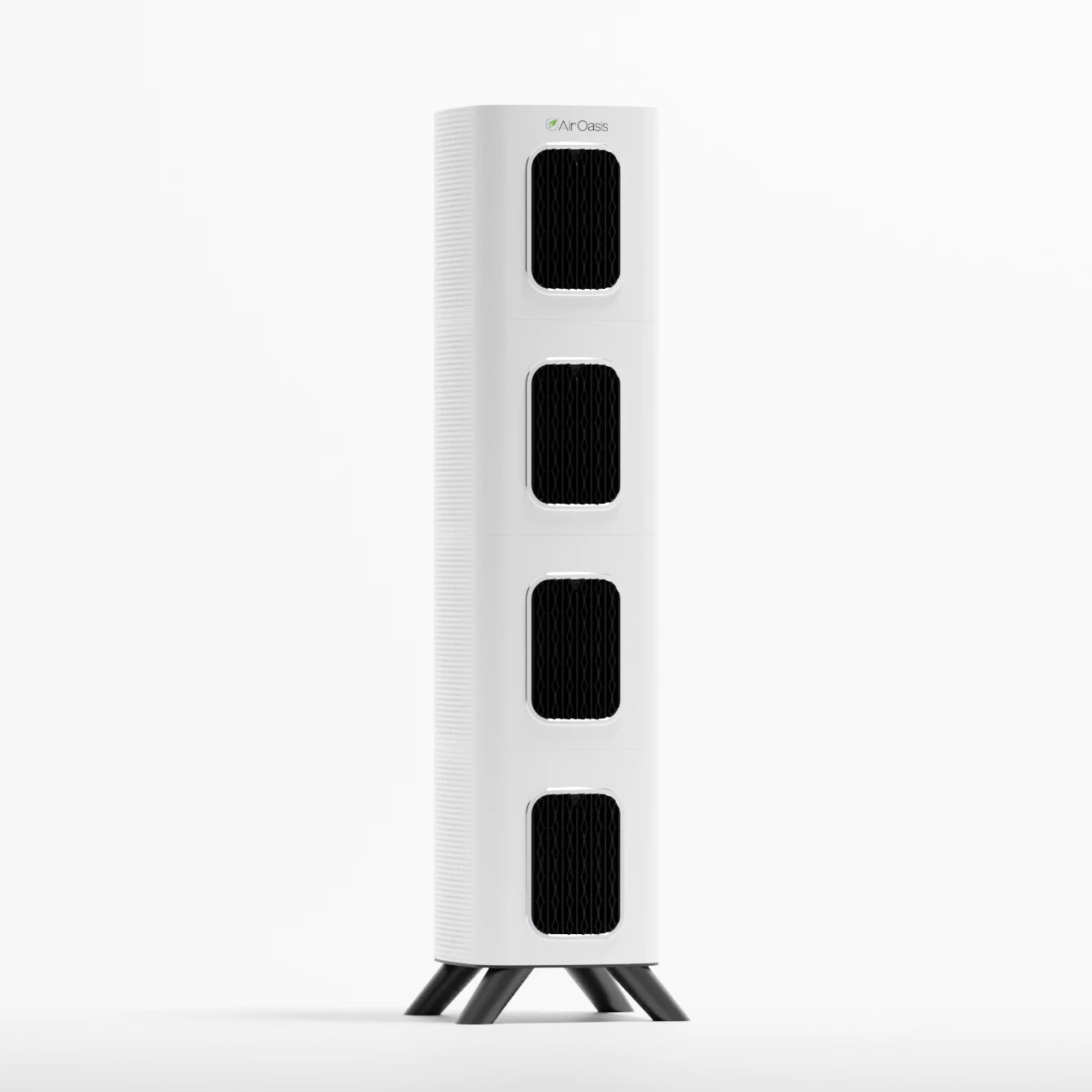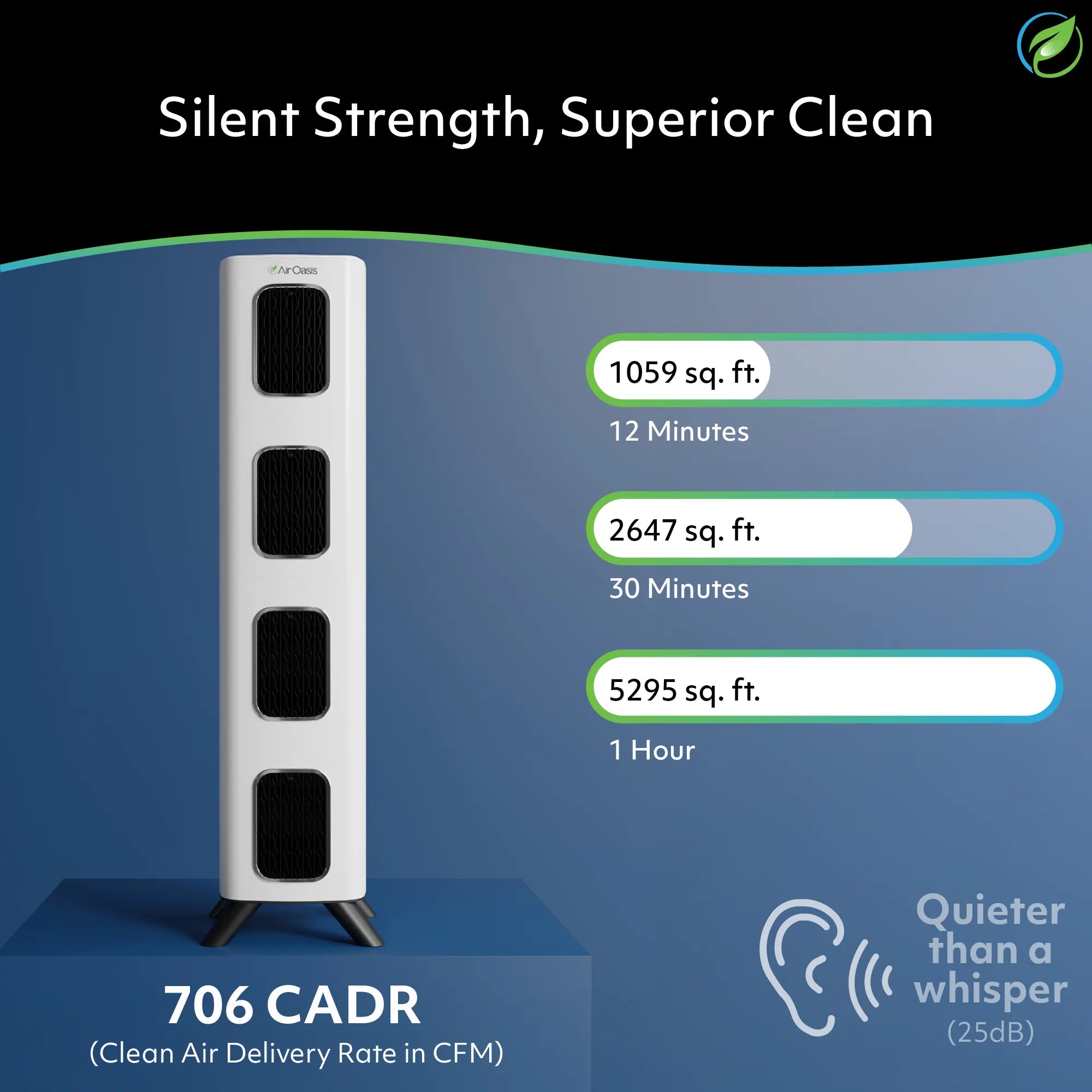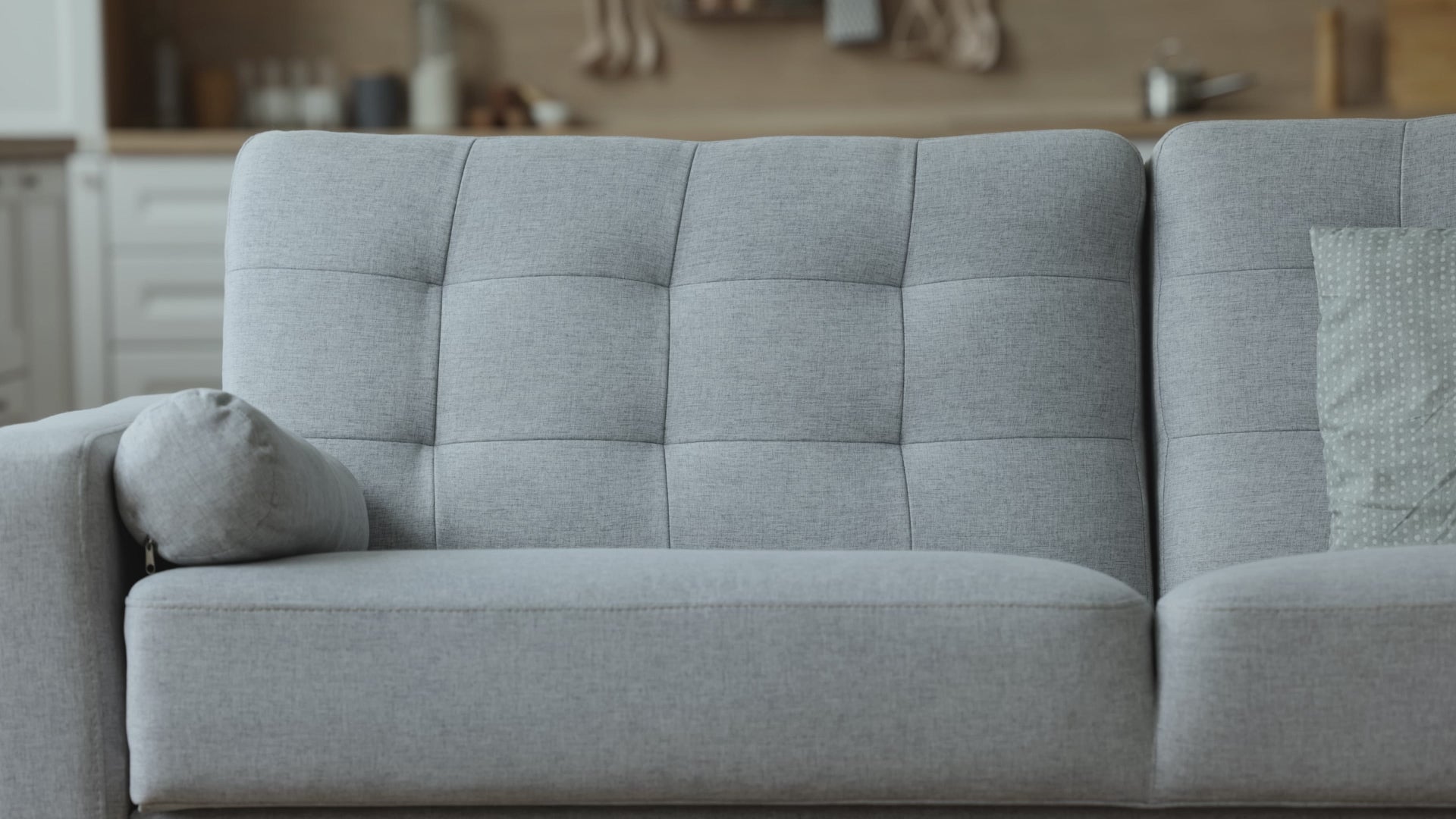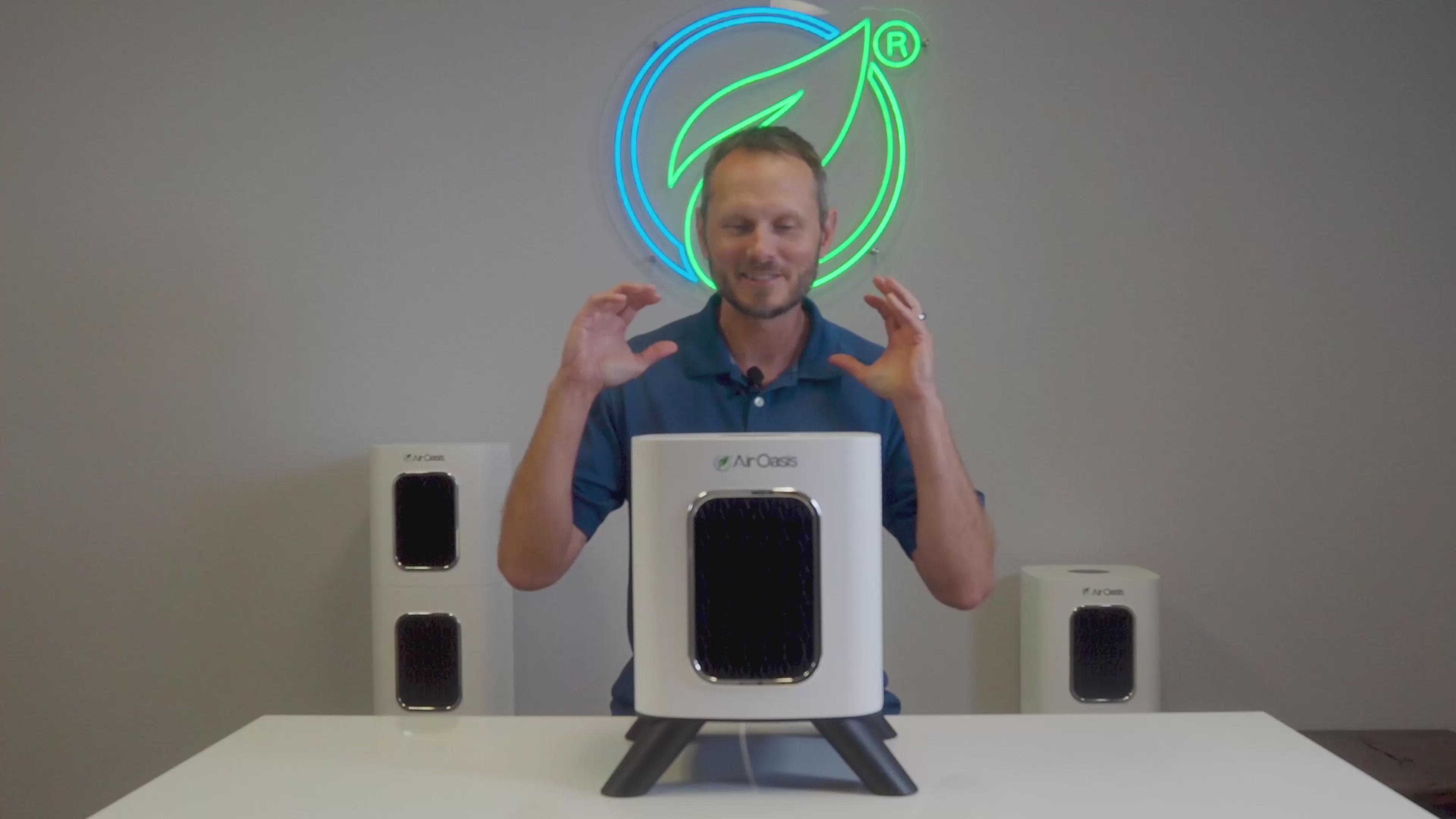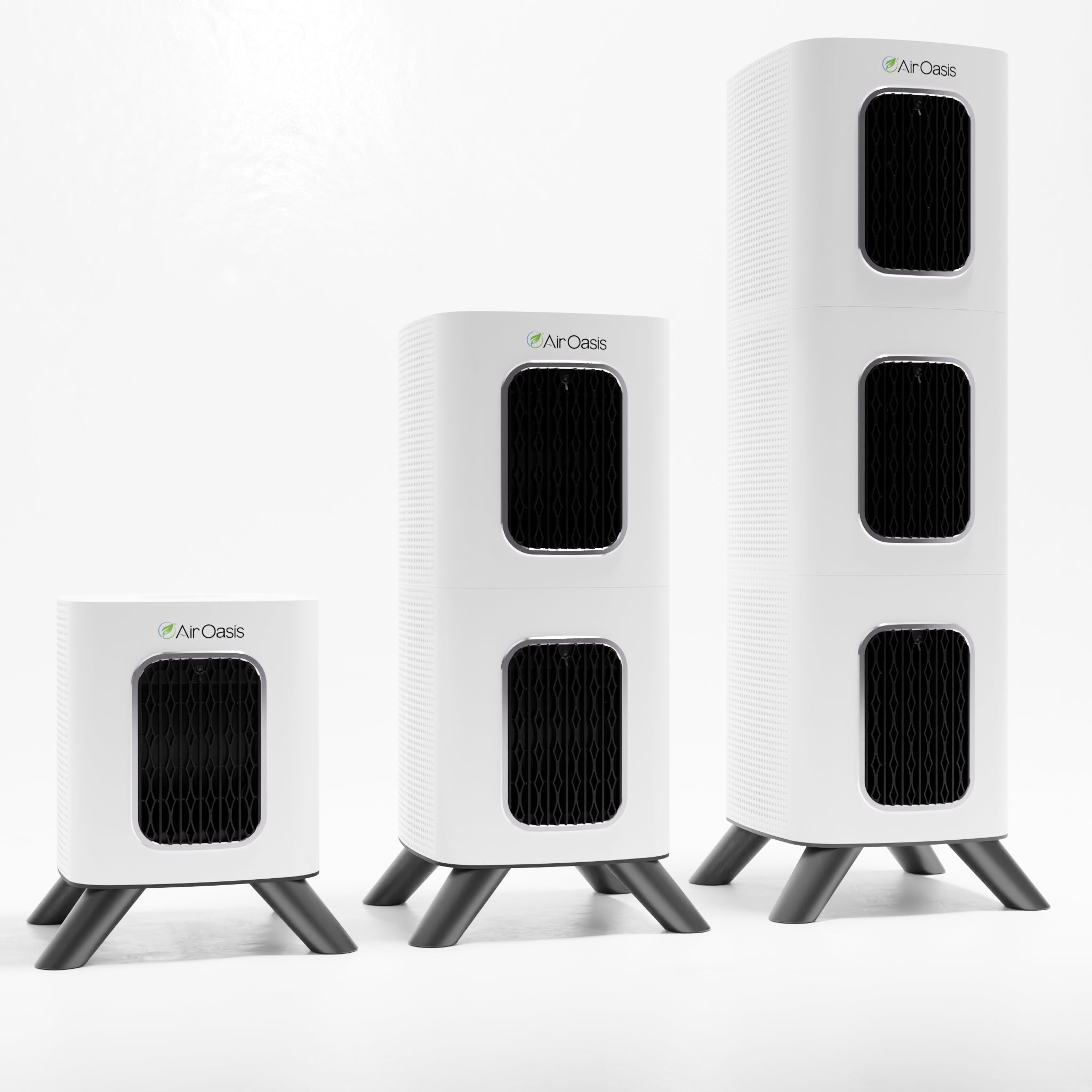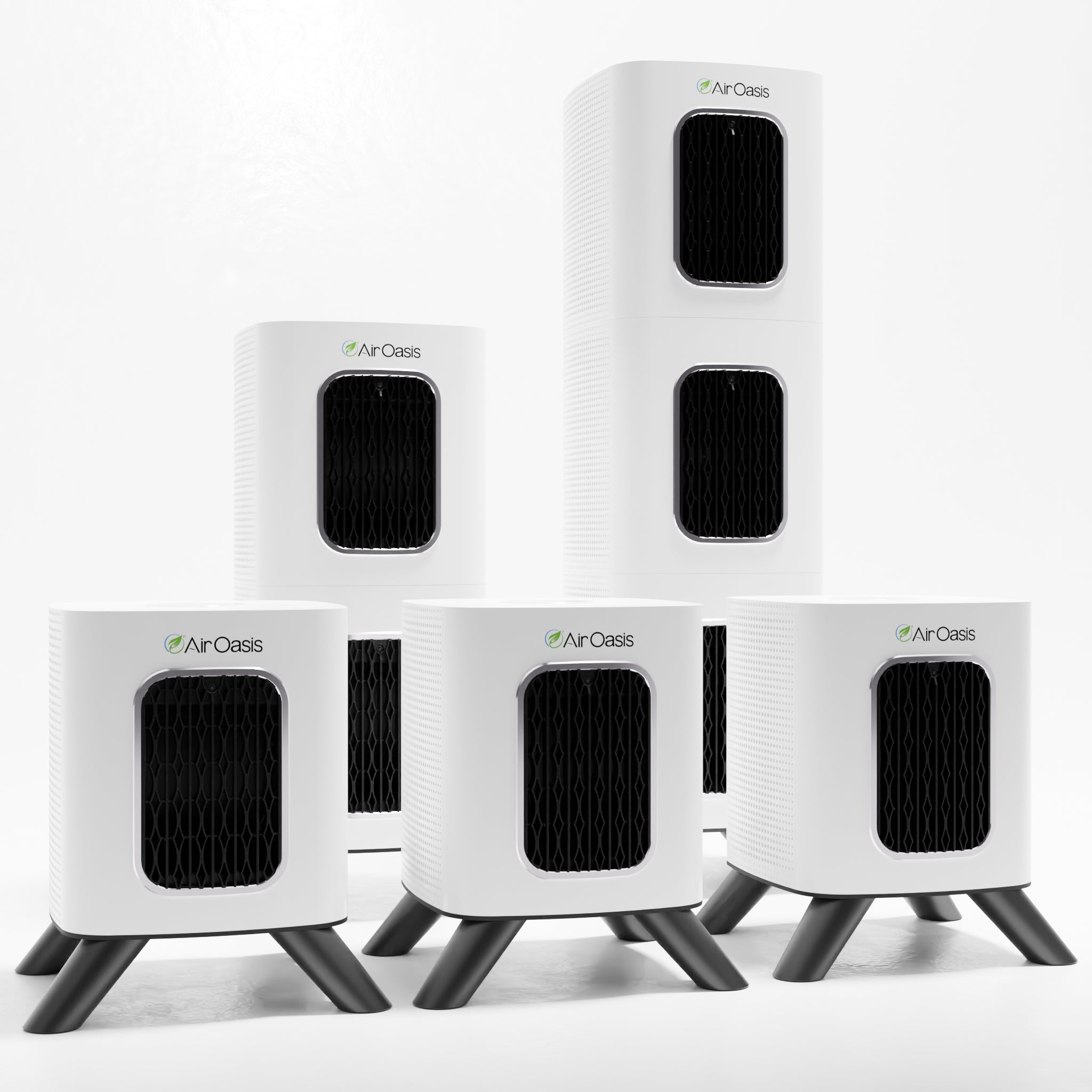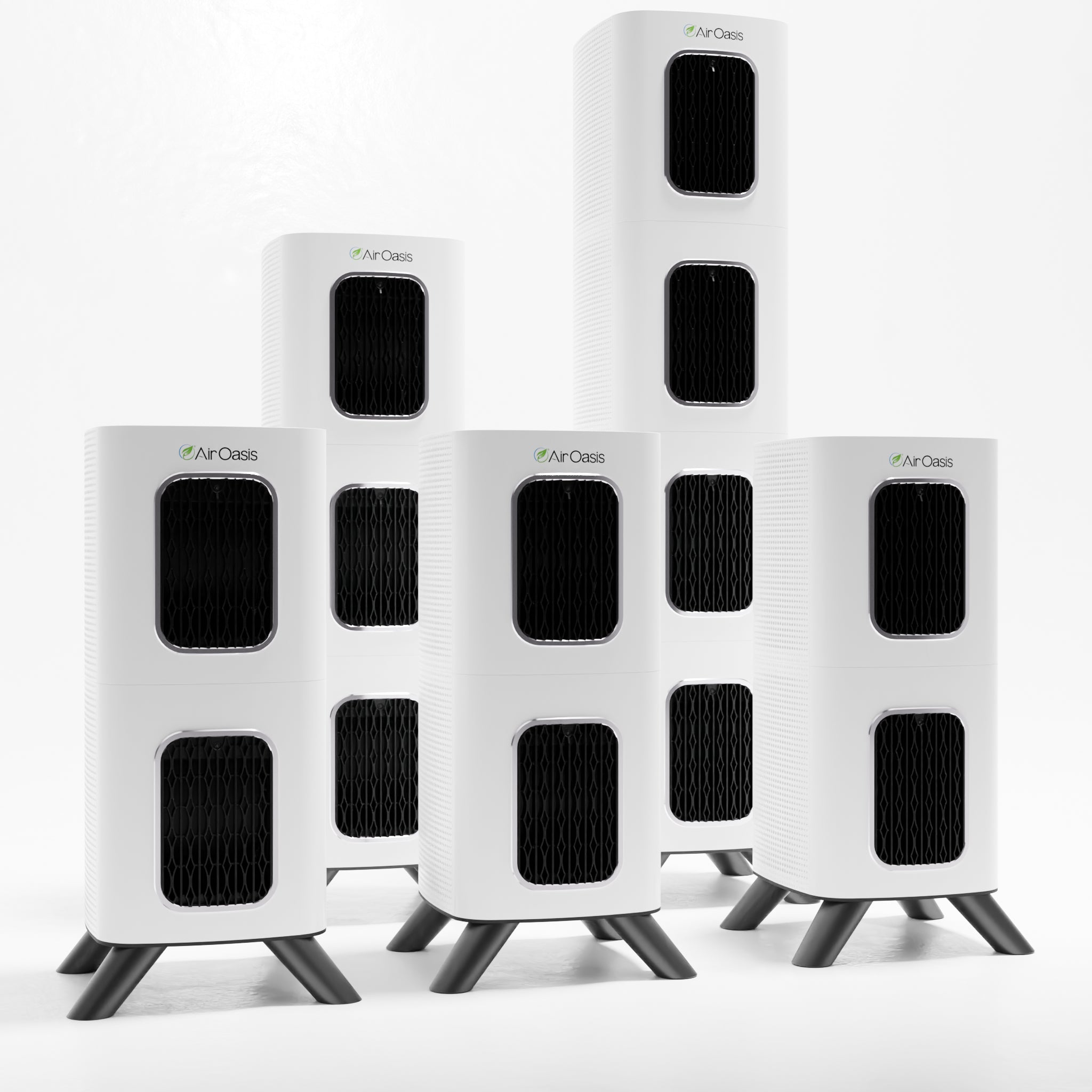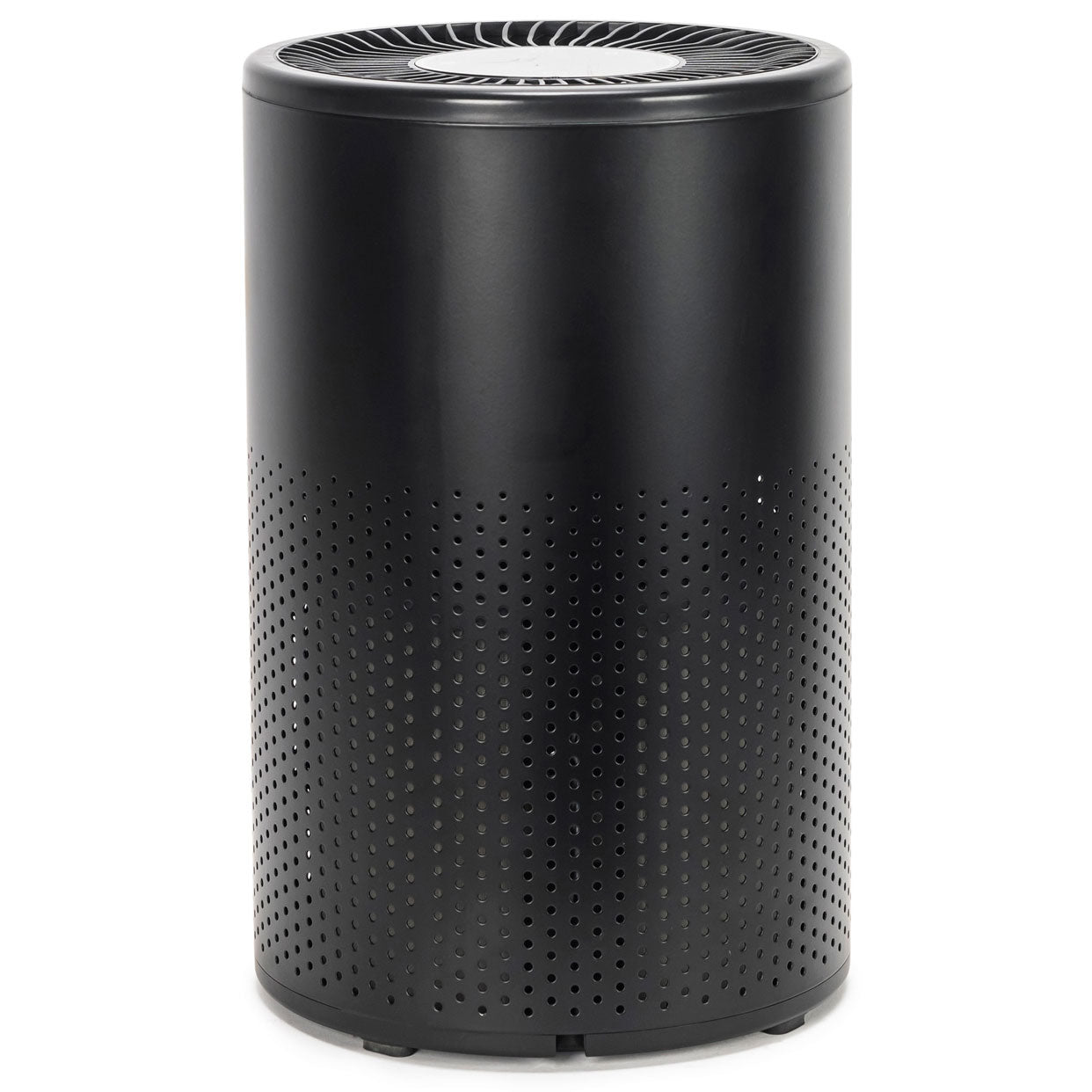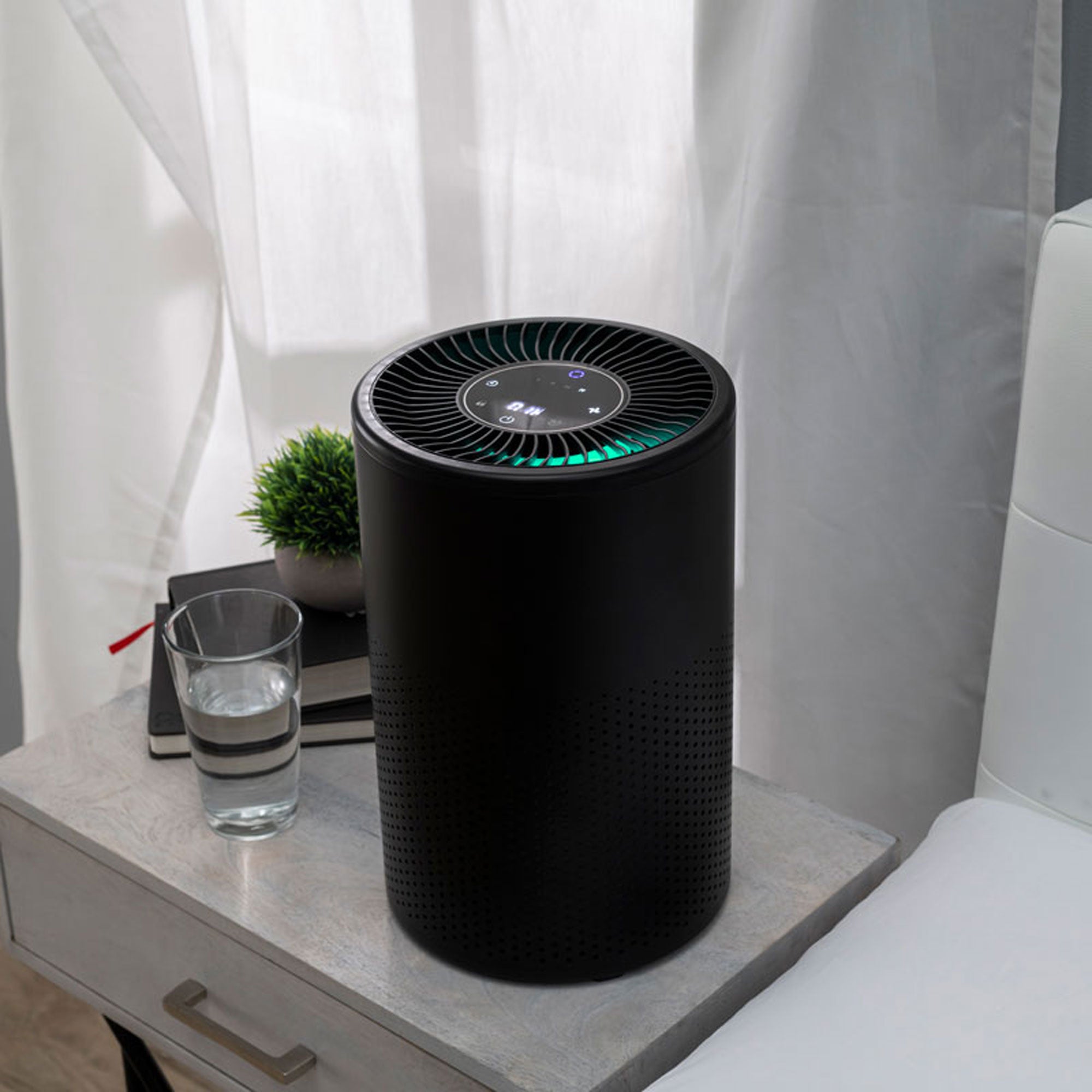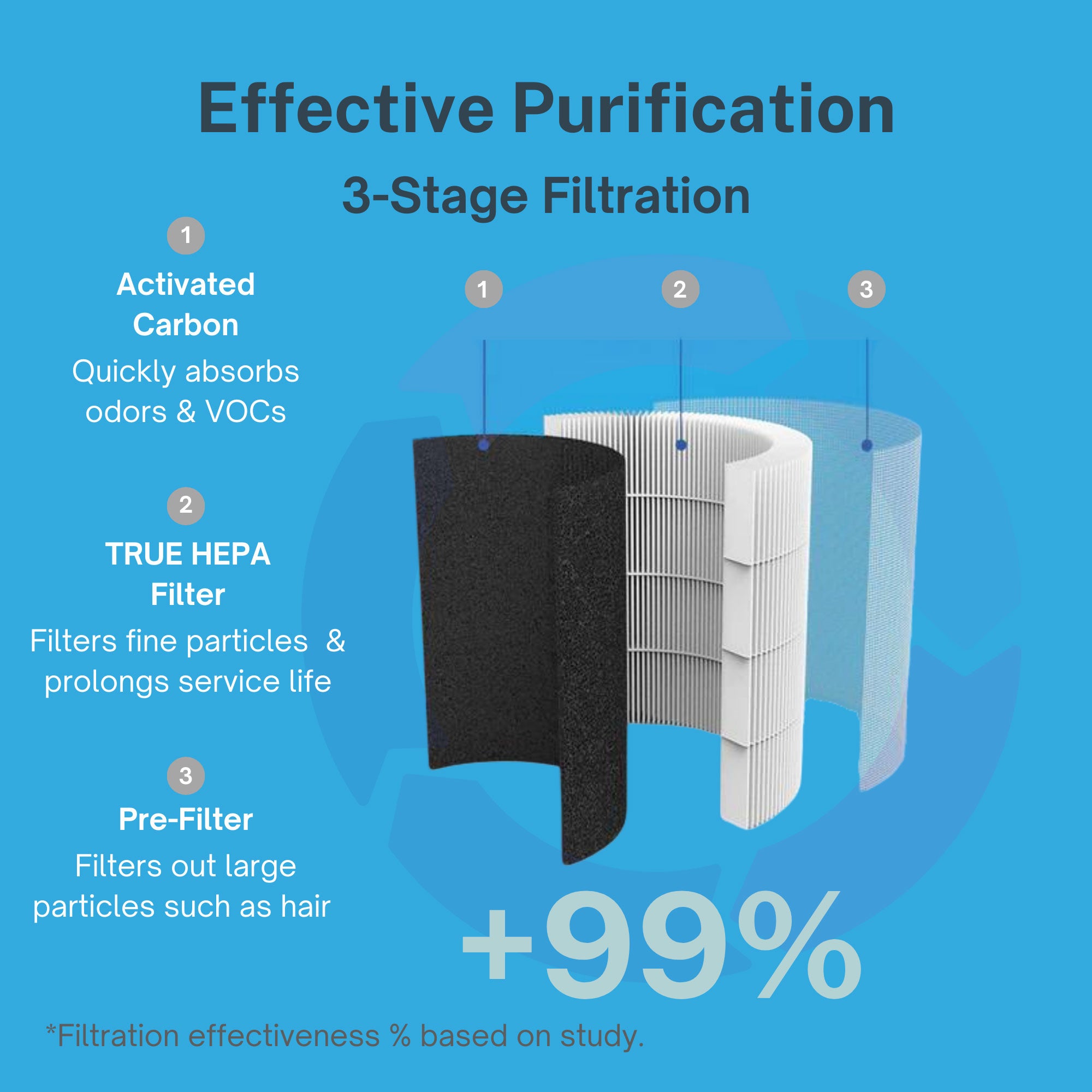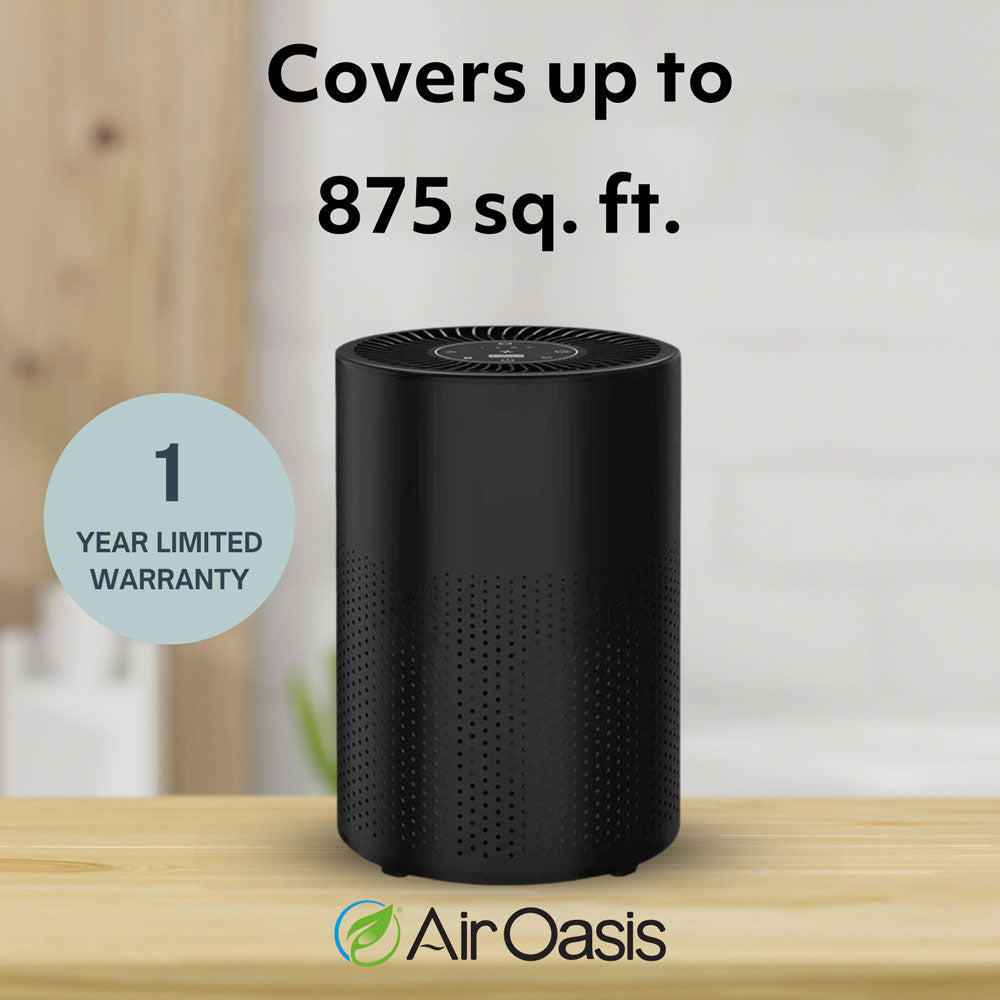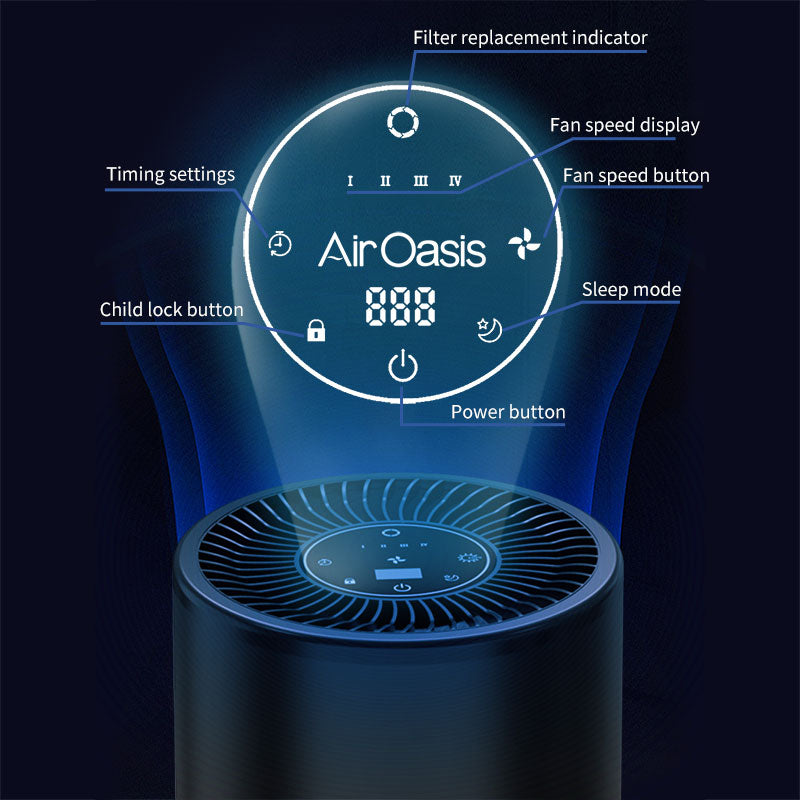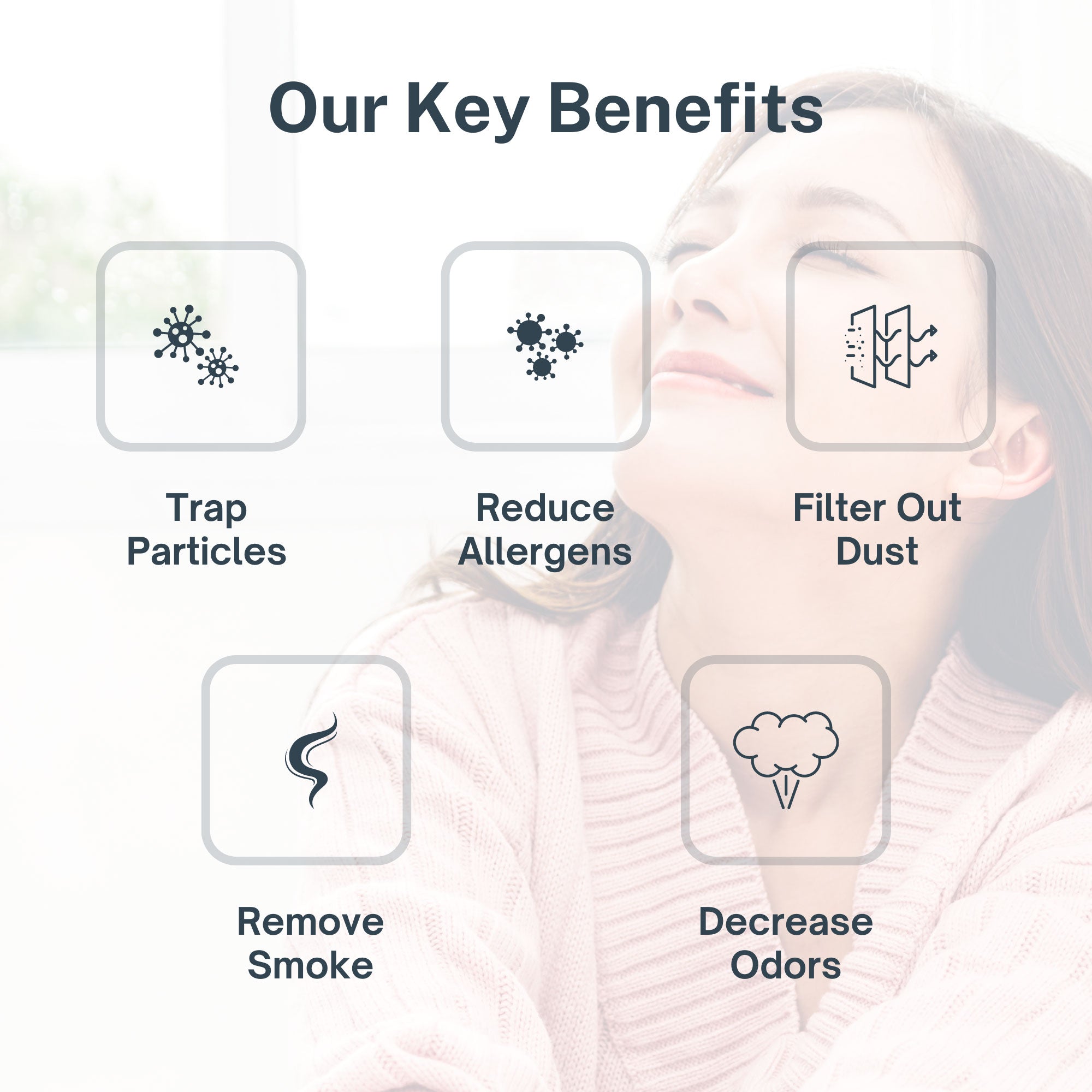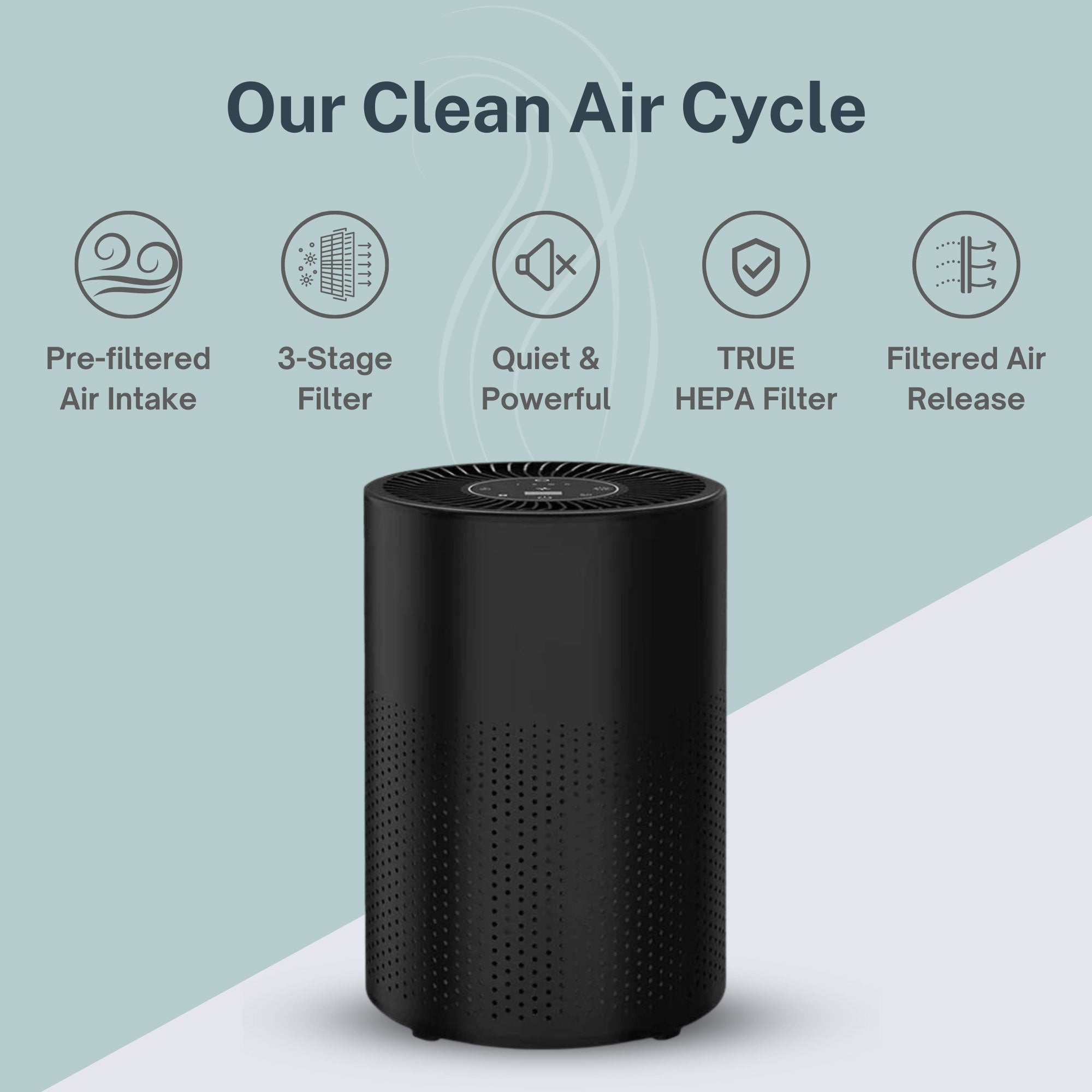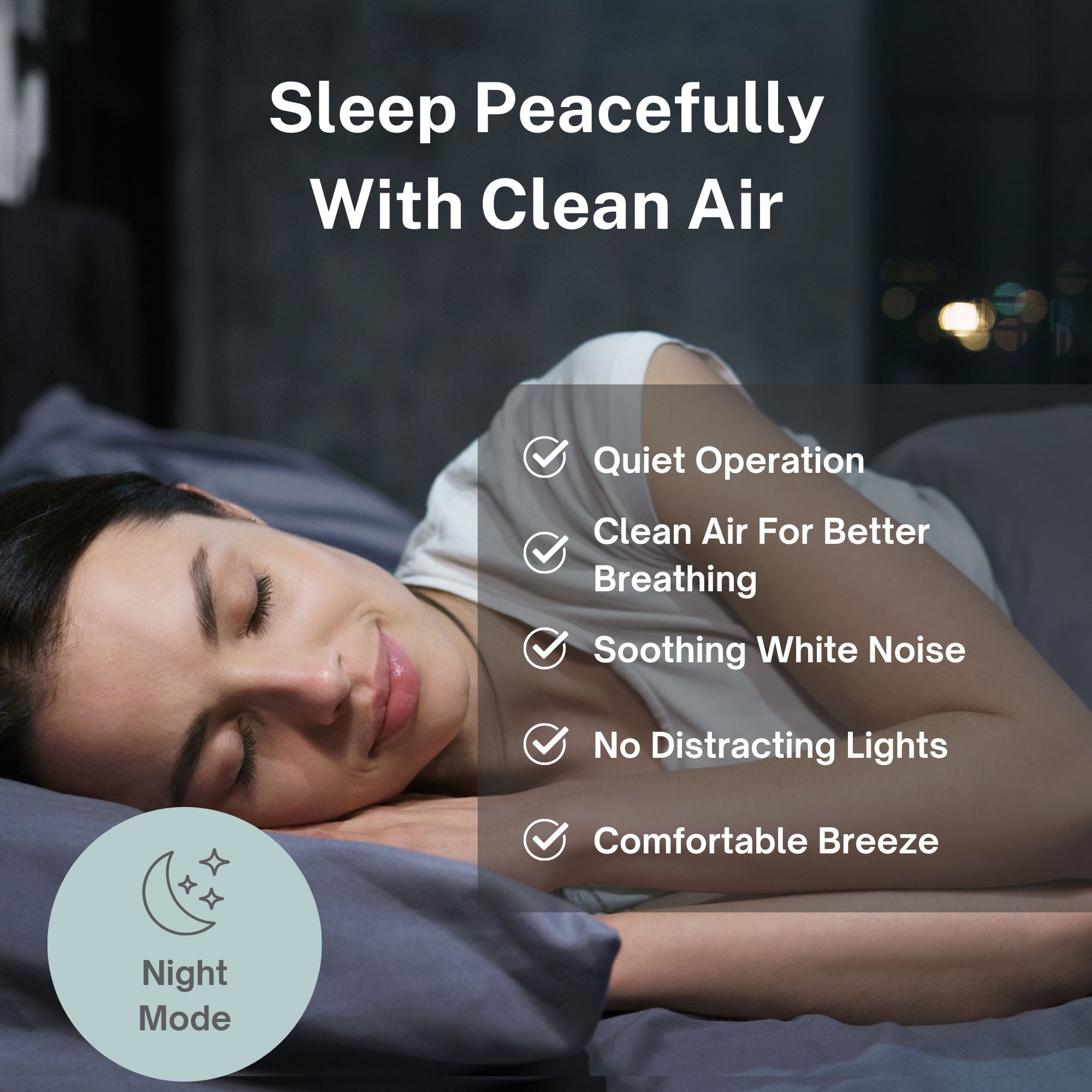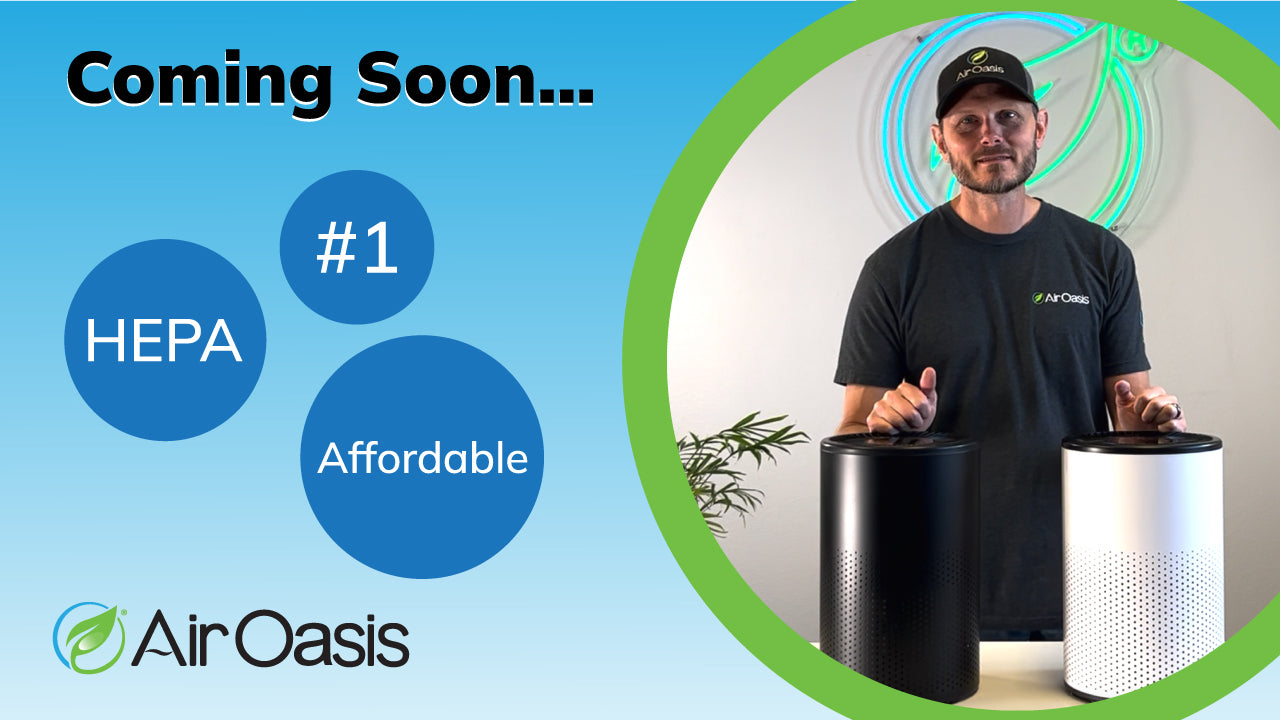Clean indoor air is not just about comfort–it can be a matter of massive importance for individuals suffering from Chronic Inflammatory Response Syndrome (CIRS).
CIRS is a complex condition requiring a multifaceted treatment approach. It can be caused by exposure to mold and other biotoxins in water-damaged buildings.
Let’s discuss the importance of clean indoor air for CIRS patients and how to achieve clean indoor air in your home.
What is the Shoemaker Protocol?
Dr. Ritchie Shoemaker, a pioneer in the field of mold-related illnesses, developed a protocol that has become a cornerstone of CIRS treatments.
The Shoemaker Protocol is a comprehensive approach that includes various elements, the first and most important being avoidance of exposure to mold and mycotoxins.
The protocol emphasizes the importance of clean indoor air as a fundamental step in CIRS management. This involves not only the removal of visible mold but also the mitigation of hidden mold sources like those found within walls or HVAC systems.
By ensuring clean indoor air, CIRS patients can reduce their exposure to mycotoxins, actinobacteria, and other airborne contaminants like beta-glucans known to exacerbate symptoms.
Why is Clean Air Important for CIRS Treatments?
Clean indoor air is the first line of defense in the treatment of CIRS. Here are a few critical reasons to consider.
Reduced Mold Exposure
Actinobacteria, endotoxins, mycotoxins, and beta-glucans are common triggers of CIRS symptoms. Clean indoor air is the first step in healing from CIRS–it ensures minimal CIRS-inducing triggers are present, reducing the risk of exposure and subsequent symptom exacerbation.
CIRS Symptom Management
CIRS patients often experience a range of debilitating symptoms, including fatigue, brain fog, respiratory issues, and joint pain. Clean indoor air can alleviate these symptoms by minimizing exposure to airborne contaminants that can worsen patients’ health.
Relapse Prevention
CIRS is a chronic condition–even a small exposure to mold and mycotoxins can trigger relapses or flare-ups. Maintaining clean indoor air helps prevent these relapses and promotes a more stable and manageable health condition.
Recovery Support
Clean indoor air is essential for CIRS recovery and healing. When patients are exposed to clean, uncontaminated air, their bodies can prioritize healing rather than constantly reacting to environmental toxins.
Enhanced Quality of Life
CIRS severely impacts a patient’s quality of life. Clean indoor air provides a safe and comfortable living environment, reducing the physical and psychological stress associated with living with CIRS and improving overall well-being.
Respiratory Health
People with CIRS may already have compromised respiratory systems. Clean indoor air, free from mold spores and other allergens, supports better respiratory health, making breathing easier for these patients.
Long-Term Health Outcomes
Prolonged exposure to mold and mycotoxins can lead to chronic health issues beyond CIRS, including respiratory disorders and immune system dysfunction. Clean indoor air is crucial for preventing these long-term health consequences.
Complementing Treatment Protocol
The Shoemaker Protocol and other treatment plans for CIRS rely heavily on minimizing exposure to mold and mycotoxins. Clean indoor air is a foundational component of these protocols, making it easier for patients to adhere to their treatment strategy.
Studies and Statements on Indoor Air and Mold
Recognizing the grave health risks associated with mold in indoor environments, governments worldwide have taken steps to address this issue. The U.S. Government Accountability Office (GAO) published a report highlighting the need for a comprehensive federal strategy to deal with mold in homes. The report emphasizes the potential health risks posed by indoor mold exposure, especially for vulnerable populations like CIRS patients.
The current presidential administration has prioritized improved indoor air quality. In late 2022, the White House released a statement on the importance of clean indoor air for everyone, especially following the COVID-19 pandemic:
“Clean indoor air offers an effective layer of protection for people with disabilities, essential workers, and others who serve on the front lines of their communities, in hospitals, grocery stores, schools, and beyond.”
Further, the White House created the Clean Air in Buildings Challenge–a call to action for people to assess their indoor air quality, especially in office buildings, and make ventilation, air filtration, and air cleaning improvements to keep building occupants safe.
The Environmental Protection Agency (EPA) has several resources for homeowners and renters to clean residential mold issues and how to prevent mold growth in their homes, which includes air purification.
Air Purifiers for Mold
One of the challenges in maintaining clean indoor air for CIRS patients is dealing with small particles lingering in the air. Small particle remediation involves advanced filtration systems and air purification methods designed to capture and eliminate these tiny, harmful particles.
Medical-grade high-efficiency particulate air (HEPA) filters, activated carbon filters, bi-polar ionization are among the best technologies to remove small particles, spores, and other toxins. These systems can significantly improve indoor air quality by removing biotoxins that can trigger CIRS symptoms. Investing in air purifiers that employ these technologies is vital in creating a safe living space for CIRS patients.
Air Oasis and CIRS Patients
The iAdaptAir® from Air Oasis combines all the best air purification tech for CIRS and other biotoxin illnesses and is useful in decreasing symptoms and immune dysfunction.
The air purifier utilizes multistage filtration and purification technologies, with ample scientific evidence of its efficacy in trapping contaminants.
The air purifier filters the air and also generates ions that neutralize unwanted organisms in the air and on surfaces, such as actinobacteria. The iAdaptAir® purifier uses HEPA filtration to remove airborne mold spores and beta-glucans, and its activated charcoal filter removes VOCs like mycotoxins.
Clean indoor air is key in helping CIRS patients experience long-term wellness.
Find Dr. Dorninger at Roots and Branches Integrative Health Care.

